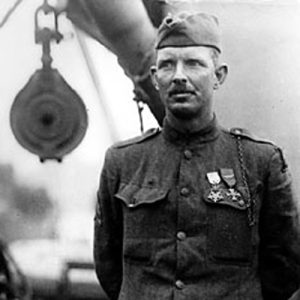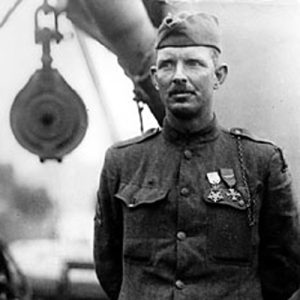York was awarded the Medal of Honor and became an instant celebrity, and upon his return to the United States he was barraged with offers for endorsements (both commercial and political), movies, and books, most of which he initially rejected, believing it was wrong to profit from an act of war. The Nashville Rotary Club raised the funds to buy York his Pall Mall farm, which it presented to York in 1922. After York’s death, his widow sold the farm to the state of Tennessee.
This home is now part of the Alvin C. York State Historic Park. The park contains the farm and gristmill once owned by York who lived in the Pall Mall area for most of his life. Along with the millhouse and milldam, the park includes York’s two-story house, York’s general store and post office, the Wolf River Cemetery, the Wolf River Methodist Church, the York Bible Institute, an M247 Sergeant York tank and various picnic facilities.
American Heritage Trees work with the Tennessee Park Manager Travis Stover and Alvin C. York’s nephew Cleatis York to collect seeds from a dogwood tree planted at the home site by Alvin C. York’s son and the Tulip Poplar at Alvin C. York’s gravesite.




